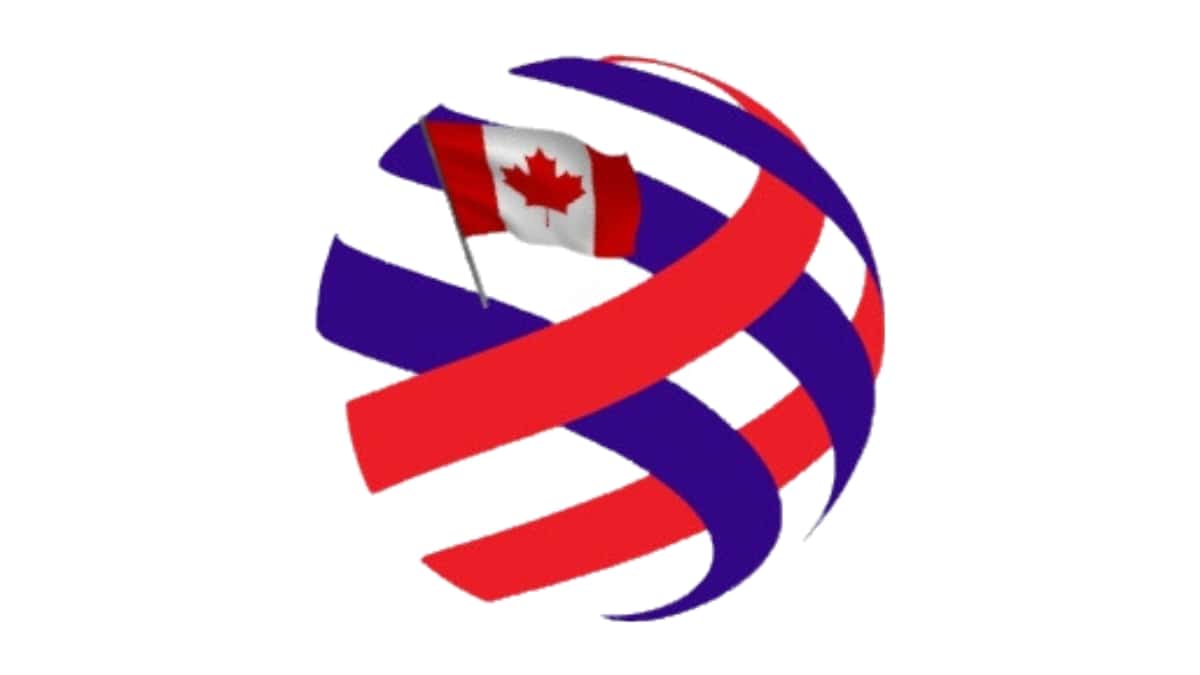Canada Introduces Humanitarian Pathway for 15,000 Displaced Individuals
Announcement: Canada Introduces Humanitarian Pathway for 15,000 Displaced Individuals
Canada unveils a groundbreaking initiative, announcing the creation of a humanitarian pathway to provide an alternative to irregular migration. The country will welcome 15,000 individuals through a family-based humanitarian program, in addition to its existing immigration programs.
The Honourable Marc Miller, Minister of Immigration, Refugees, and Citizenship, emphasized that this dedicated pathway aims to grant permanent residence to foreign nationals from Colombia, Haiti, and Venezuela. The application process for this humanitarian initiative is now officially open.
To qualify for this pathway, the primary applicant must be a child (regardless of age), grandchild, spouse, common-law partner, parent, grandparent, or sibling of a Canadian citizen or permanent resident. The supporting family member in Canada commits to providing support and acting as an anchor for the applicant and their family for a duration of one year.

Canada has unveiled a groundbreaking initiative to address irregular migration by welcoming 15,000 individuals through a family-based humanitarian pathway. This move, announced by the Honourable Marc Miller, Minister of Immigration, Refugees and Citizenship, seeks to provide safe and legal routes for displaced individuals, particularly from Colombia, Haiti, and Venezuela.
The dedicated humanitarian pathway, now open for applications, offers permanent residence to foreign nationals who qualify. To be eligible, the principal applicant must be a child, grandchild, spouse, common-law partner, parent, grandparent, or sibling of a Canadian citizen or permanent resident. The supporting family member in Canada commits to anchoring and supporting the applicant and their family for one year.
To apply, candidates must use the online IRCC portal and submit a signed statutory declaration from their anchor confirming support. Eligible applicants must plan to live outside Quebec, as the province has chosen not to participate in the program.
Individuals chosen through this pathway will receive pre-arrival services, including employment skills assessment and referral to settlement service providers in their community. Additionally, they may qualify for transitional financial assistance through the Resettlement Assistance Program.
Canada is already facilitating the arrival of 4,000 individuals from the Americas through existing temporary worker programs, such as the Seasonal Agricultural Worker Program. The country is also utilizing the refugee labor mobility pathway, the Economic Mobility Pathways Pilot.
These measures aim to alleviate migration pressures in the Western Hemisphere, providing an alternative to irregular migration for those displaced by political, social, and economic instability.
In tandem with this initiative, Canada is increasing support for capacity-building efforts in the region by investing $75 million over six years. These funds will contribute to projects in Latin America and the Caribbean, enhancing asylum capacity and facilitating the integration of migrants and refugees into local communities and labor markets.

